AP Interview: Iraq oil minister says gas sector a priority
BAGHDAD — Iraq’s oil sector is rebounding after a catastrophic year triggered by the coronavirus pandemic, with key investment projects on the horizon, Iraq‘s oil minister said Friday. But he also warned that an enduring bureaucratic culture of fear threatens to stand in the way.
Iraq is currently trading oil at $68 per barrel, close to the approximately $76 needed for the state to operate without reliance on the central bank to meet government expenditures.
Oil Minister Ihsan Abdul-Jabbar Ismail took over the unenviable job of supervising Iraq’s most vital industry at the height of an oil price crash that slashed oil revenues by more than half last year. Since then, he has had to balance domestic demands for more revenue to fund state coffers and pressure from OPEC to keep exports low to stabilize the global oil market.
With the sector rebounding, Ismail told The Associated Press, he can now focus on other priorities. In the interview, he offered a rare glimpse into the inner-workings of the country’s most significant ministry — Iraq’s oil industry is responsible for 90% of state revenues.
He recounted how cutthroat Iraqi politics and corruption fears have often derailed critical investment projects during his tenure and those of his predecessors — a source of long-term frustration for international companies working in Iraq.
“In the Ministry of Oil, the big mistake, the big challenge are the delays in decision-making or no decision-making at all,” he said, attributing indecisiveness to fears of political reprisal from groups or powerful lawmakers whose interests are not served.
He described a warped work culture where allegations of corruption are used as tools by political players to get their way — and the mere possibility is often enough to keep high-ranking officials in ministry from signing off on important projects.
“This is the culture: To stay away from any case, to stay away from inspectors, to say ‘let us not do it’” he added. “I think this is the corruption that slows the economy.”
Still, during his time as minister he has sought to fast-track projects, he said.
Top on his list is developing the country’s gas sector, a central condition for Iraq to be eligible for U.S. sanction waivers enabling energy imports from neighboring Iran. To that end, Iraq is looking to develop long-neglected gas fields and capture gas flared from oil sites.
Ismail said he is hopeful contracts will be signed within the coming months to develop key projects that could boost Iraq’s gas capacity by 3 billion cubic standard feet by 2025. But that all depends on closing the deal with oil companies; lucrative contract negotiations in Iraq have a history of stalling once commercial terms are laid out.
Iraq currently imports 2 billion standard cubic feet to meet domestic needs.
The ministry is close to signing with China’s Sinopec to develop Mansuriya gas field in Diyala province, said Ismail. The field could add 300 million standard cubic feet of gas to domestic production. He hopes to finalize the deal by mid-July.
The ministry is also in talks with France’s Total to develop an ambitious multi-billion dollar mega investment project in southern Iraq, including the Ratawi gas hub, development of Ratawi oil field and a scheme to provide water to oil fields required to boost production.
Early talks are also ongoing to develop Akkas gas field, in Anbar province, with the American Schlumberger and Saudi Arabia’s oil giant Aramco, he said, expressing hopes for an agreement there too.
Though negotiations with international companies have picked up speed, Ismail said entrenched indecision within his ministry persists. Investors have blamed glacial bureaucracy and indecision within ministry ranks for thwarting projects.
Among his deepest regrets is the collapse in talks — after five years of negotiations — between the ministry and Exxon-Mobil over a multi-billion dollar investment project that would have been key to increase Iraq’s production and exports.
“For me it was a big mistake from our side,” said Ismail, who was the former director-general of the state-owned Basra Oil Company.
Ismail himself came under scrutiny when lawmakers accused him of corruption. Cabinet dismissed him as head of the Basra company in October 2019 during a purge against alleged corruption. He was reinstated a few months later.
Iraqi media are often used as a pressure tool, Ismail said
“Someone sends me a contract, and it would be illegal to say yes, so I say no, and he starts to say bad things in the media,” Ismail said.
Also, he said 80% of his time is spent fielding requests from political parties and individuals asking for employment, contracts or job transfers — requests he says he routinely rejects.
“They say: ‘Move this person from this position to this, we need this position, we need this department, we need this company’,” he recalled.
![]()


